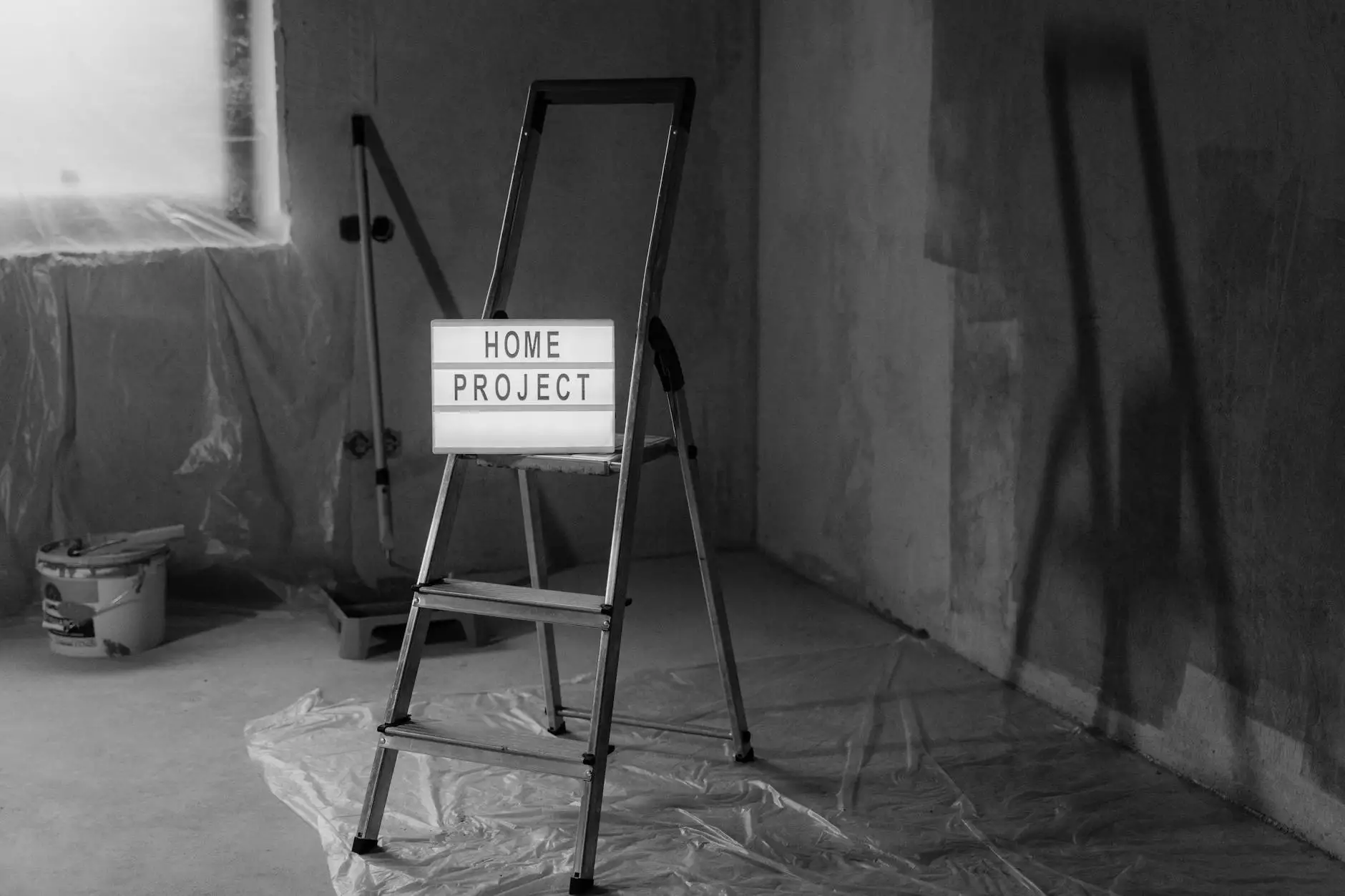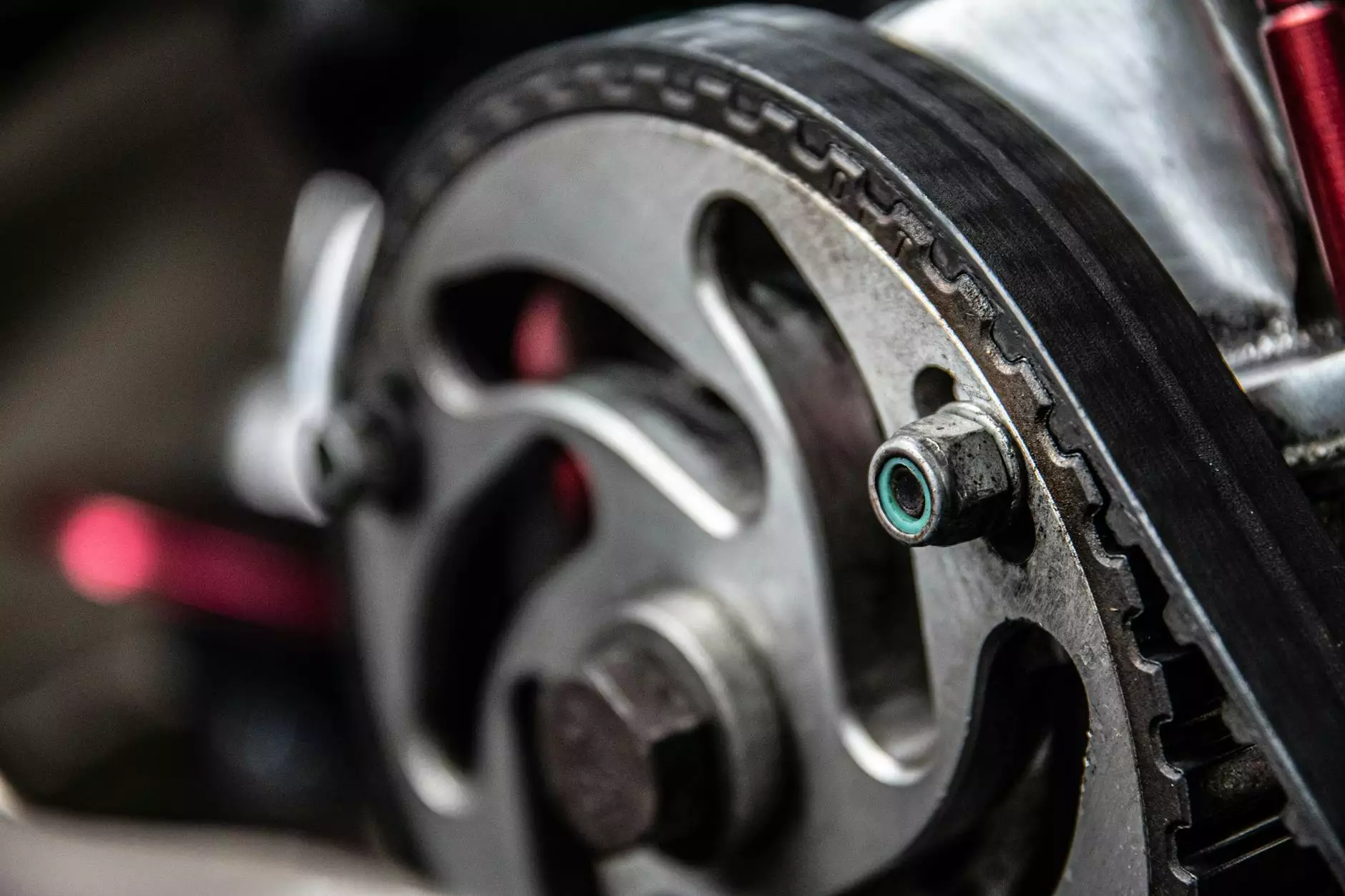Jaw Surgery Before and After: A Comprehensive Guide

Jaw surgery, often referred to as orthognathic surgery, is a significant procedure aimed at correcting various jaw and facial irregularities. This surgery can improve both functional and aesthetic aspects of the jaw, leading to remarkable transformations. At SMBalaji Dental Hospital in Chennai, we specialize in providing top-notch care and support for our patients through their surgical journeys. In this article, we will delve into what jaw surgery entails, the benefits, before and after comparisons, and patient success stories, helping you make an informed decision about your dental health.
Understanding Jaw Surgery
Jaw surgery typically involves repositioning the jawbones to correct misalignments that can result in difficulties with eating, speaking, and overall oral health. Patients may undergo this surgery for various reasons, including:
- Correcting bite issues: Misalignment can cause an improper bite, leading to problems such as overbites, underbites, or crossbites.
- Facial symmetry: Uneven jawlines can affect appearance and self-esteem.
- Restoring functionality: Jaw surgery can alleviate discomfort and improve the ability to chew, speak, and breathe.
- Correcting jaw growth abnormalities: Some patients experience jaw growth issues that can lead to severe functional problems.
The Procedure: What to Expect
The journey of jaw surgery begins with a thorough consultation at SMBalaji Dental Hospital, where our specialists assess your condition and discuss your desired outcomes. We use the latest diagnostic technology, including digital imaging, to create a personalized treatment plan. The surgery itself is typically performed under general anesthesia and can vary in duration depending on the complexity of the case.
Preoperative Preparations
In preparation for jaw surgery, our patients will undergo various evaluations, including:
- Dental examinations: Comprehensive check-ups to assess the overall dental health.
- X-rays and imaging: To evaluate the structure of the jaws and teeth.
- Consultation with an orthodontist: Some patients may require braces before surgery to align teeth properly.
The Surgical Procedure
During the surgery, incisions are made inside the mouth to access the jawbones. The jaw is then repositioned according to the pre-planned adjustments. In some cases, the use of plates and screws is necessary to stabilize the jaw in its new position. After the procedure, patients are monitored in a recovery area to ensure a smooth transition.
Postoperative Care and Recovery
After jaw surgery, recovery is a critical phase that requires patience and adherence to the surgeon’s instructions. Patients can expect:
- Swelling and discomfort: These are common but manageable through prescribed medications.
- Dietary restrictions: Initial soft foods are recommended to help in recovery.
- Follow-up appointments: Regular check-ups are essential to monitor healing and adjust treatment plans as necessary.
Jaw Surgery Before and After: Transformational Stories
The true impact of jaw surgery can be highlighted by examining real patient stories. Here are some common experiences shared by individuals who underwent this transformative procedure at SMBalaji Dental Hospital.
Case Study 1: Overcoming an Underbite
Patient A, a 25-year-old female, had struggled with an underbite her entire life. This condition made it difficult for her to chew food effectively and caused discomfort in her jaw. After a comprehensive evaluation, she opted for jaw surgery. The process involved repositioning her lower jaw to align it better with the upper jaw.
Before Surgery:
Prior to surgery, Patient A experienced difficulty in speaking clearly and often felt self-conscious about her appearance.
After Surgery:
Post-surgery, not only was her bite corrected, but her facial symmetry was enhanced, giving her newfound confidence. Her journey emphasizes the importance of addressing dental issues that go beyond aesthetics.
Case Study 2: Correction of Jaw Growth Abnormalities
Patient B, a 30-year-old male, sought treatment because of a significant overgrowth of his lower jaw, which resulted in severe chewing difficulties and jaw pain. After undergoing orthognathic surgery, his outcome was remarkable.
Before Surgery:
Before the surgery, he experienced chronic pain and was often restricted to softer food options due to the discomfort.
After Surgery:
After the surgery, he not only regained functionality but also noticed a dramatic change in his jawline, which positively impacted his social interactions and self-esteem. His story underscores the functional benefits of jaw surgery.
The Benefits of Jaw Surgery
Jaw surgery's benefits are multifold. It not only addresses aesthetic concerns but also improves overall oral health. Key benefits include:
- Improved chewing and speaking abilities: Realigning the jaw enhances functionality.
- Relief from pain and discomfort: Many patients report a significant decrease in jaw-related pains.
- Enhanced facial aesthetics: A more symmetrical face can boost self-confidence.
- Long-term health improvements: Correcting jaw issues can lead to better overall health and well-being.
Why Choose SMBalaji Dental Hospital?
At SMBalaji Dental Hospital in Chennai, we pride ourselves on our commitment to patient care and the use of advanced technologies in dental treatments. Our team of experienced orthodontists and oral surgeons work collaboratively to ensure the best outcomes for our patients. Here's what sets us apart:
- Expert Team: Our specialists have extensive experience in jaw surgeries and have transformed countless lives.
- State-of-the-Art Facility: We utilize the latest technologies for accurate diagnostics and effective treatments.
- Personalized Care: Each treatment plan is tailored to meet individual needs for optimal results.
- Ongoing Support: We provide continuous support and follow-up care to ensure smooth recovery.
FAQs about Jaw Surgery
1. Is jaw surgery painful?
Jaw surgery involves some level of discomfort, but pain management strategies, including medications, are in place to minimize any pain experienced during recovery.
2. How long does the recovery take?
Recovery time can vary, but most patients can return to normal activities within a few weeks, with full recovery taking several months. Regular follow-ups help monitor and guide the recovery process.
3. Will there be scars after surgery?
Since the incisions for jaw surgery are often made inside the mouth, external scars are usually minimal and not visible. Proper care during the healing process enhances this result.
4. How do I schedule a consultation?
To learn more about jaw surgery and discuss your options, visit our website at SMBalaji Dental Hospital to schedule a consultation.
Conclusion
Jaw surgery can be a life-altering decision that significantly impacts one’s quality of life. At SMBalaji Dental Hospital in Chennai, we strive to provide unparalleled service and expertise in this transformative field. If you're considering jaw surgery, the possibilities after surgery—both functionally and aesthetically—are promising. With dedicated care, modern technology, and a team of experts, your journey from jaw surgery before and after will not only be a path to better health but also a journey to renewed confidence. Contact us today to take the first step towards your transformation!







